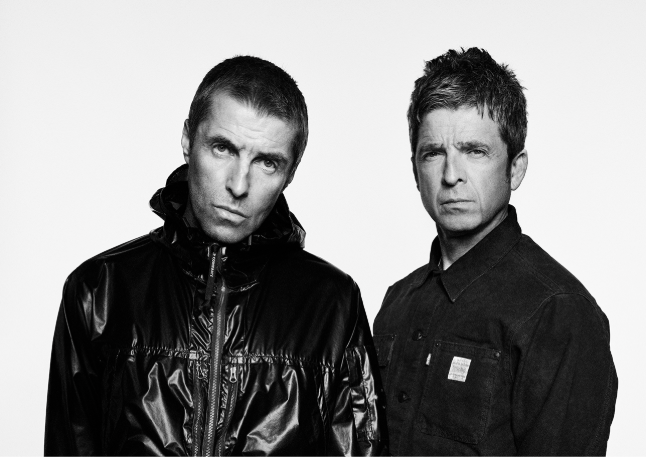Eurovision’s Unifying Power
Michael Campanella, Getty Images
Dutch singer Duncan Laurence celebrates after winning the Eurovision Song Contest.
May 28, 2019
The winner of the 2019 Eurovision – a weak long production that spanned from May 14 to May 19 – was Duncan Laurence, an upcoming singer from the Netherlands who gained recognition from his song “Arcade.” Although he was widely unknown before the competition, Laurence has since become a household name in Europe and will go on to tour in the next couple years.
Every year, various European countries compete against each other in the world-renowned Eurovision Song Contest. Each country submits an original song that is performed on live television and voted on by each of the other countries participating. The winning singer usually rises to immediate international stardom and is celebrated in their country. Past participants include renowned legends like Celine Dion, Olivia Newton John, and ABBA.
Eurovision has much more cultural relevance than just an exciting and entertaining singing competition. The tradition was started in 1956 as an attempt to reconcile war-torn Europe in the aftermath of the second world war. The European Broadcasting Union hoped to promote unity and friendship between neighboring countries through entertainment and art.
Junior Emma Sommers describes Eurovision as, “capable of uniting Europe much the same way the World Cup unites countries globally. When done right, it fosters friendly competition between different countries.”
Even today, Eurovision remains a breeding ground for political statements and controversies, ranging anywhere from Armenia’s tribute to genocide victims in 2015 to this past year’s contestants showing solidarity to Palestine by waving flags.
Whether the songs themselves or the unifying effect of Eurovision is more valuable today is arguable. Some critics of the music performed there, like HHS French teacher Mr. Piantes, argue that the music performed there tends to be, “cheesy pop and electronica that is not of the highest quality” and tends to stray into the genre of “eurotrash” (club music that is generally unaccepted in the United States).
Regardless of differing opinions about the music, however, Eurovision remains a widely anticipated and internationally relevant cause for celebration.
































